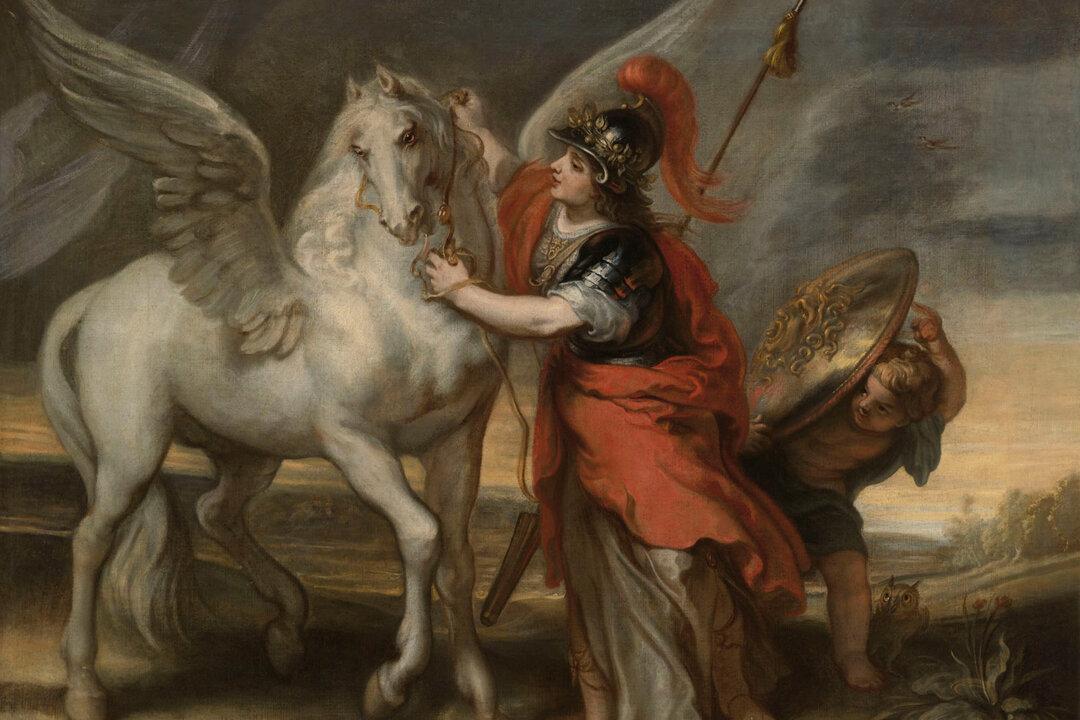Today, when entitlements and rights supersede any sense of citizens’ responsibilities and contributions, wisdom is ever more important.
In part 2 of this article series, we considered how the origins and birth of the Greek goddess Athena tell us much about how wisdom operates in the world. Perhaps the most important point was what Athena’s own birth and her chaste life represents: Wisdom cannot be sullied or corrupted; it has an inherent integrity that cannot be broken.






